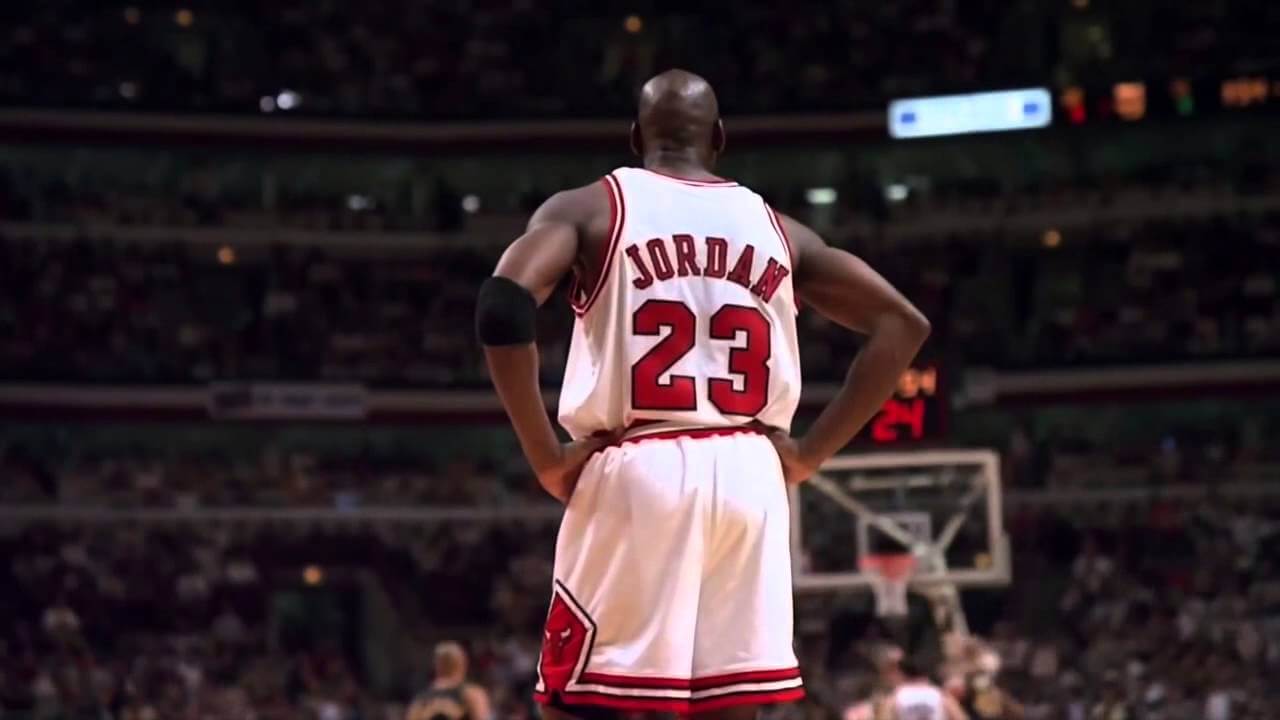The Importance of Being a Team Player in Sports

VIDEO: See The Power of Teamwork in Sports. Watch Inspirational Video Below..
A growing body of research literature finds that in addition to improved physical health, sport plays a primarily positive role in youth development, including improved academic achievement, higher self-esteem, fewer behavioral problems, and better psychosocial.29,30 Many studies focus on the effects of sport on the five “C’s”—competence, confidence, connections, character, and caring—which are considered critical components of positive youth development.31,32 It has long been thought that the many facets of playing sport—the discipline of training, learning teamwork, following the leadership of coaches and captains, learning to lose—provide lifelong skills for athletes.
A “me player” is only concerned with the aspects of the game that affect him or her, such as how many points he or she scores. If the player doesn’t benefit from something, then he or she is not going to do it. A “we player” understands that he is part of a team, and he is committed to helping the team win, regardless of his individual role. If you’re unsure of what type of player you are ask yourself this question, “Would I be happier if I played really well and the team lost, or if I didn’t play as well but the team still won?” The answer to this question will determine whether you’re a “me player or a “we player”.
Sport provides opportunities for children and youth to engage in valuable and positive relationships with adults, which is especially important when such benefits are not available at home. Thus, it is a missed opportunity for children who are “gated”—or not included in sport—during early stages of childhood because they are less well behaved than other children. These children are being prevented from participating in the very thing that could help them learn to control and regulate their behavior.38 Sport provides an opportunity for children to safely navigate and negotiate between right and wrong as they learn to interact with peers and adults.39 Research by Taliaferro et al.40 suggests that playing sport can even protect against suicide risk in youth. Compared to nonathletes, male athletes exhibit lower levels of hopelessness and suicidal ideation. Young males involved in multiple sports seem to garner even more protection in this regard. Similar results were found for girls. Research on the role of exercise in adults confirms that it improves mood and alleviates many forms of depression.41 Bartko and Eccles42 found that youth who are highly involved in sport are more “psychologically resilient,” that is, better able to recover from problems. Eccles et al.43 found that sport participation protects young athletes against social isolation.
http://truesport.org/resources/publications/reports/psychological-and-social-benefits-of-playing-true-sport/
Related Posts
-
 Why Practice is Important in Sports
No Comments | Jan 6, 2016
Why Practice is Important in Sports
No Comments | Jan 6, 2016 -
 The Best Motivation in Sports to Keep You Going
No Comments | Dec 24, 2015
The Best Motivation in Sports to Keep You Going
No Comments | Dec 24, 2015 -
 Bryce Harper Hype – Best Player By Far And We Have Just Scratched The Surface
No Comments | Nov 19, 2015
Bryce Harper Hype – Best Player By Far And We Have Just Scratched The Surface
No Comments | Nov 19, 2015 -
 Professional Review on Sports Health Benefits
No Comments | Nov 27, 2015
Professional Review on Sports Health Benefits
No Comments | Nov 27, 2015
